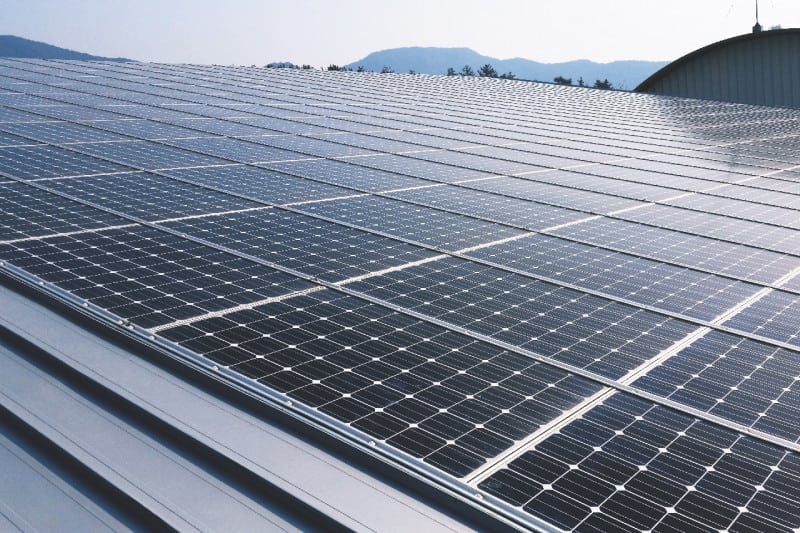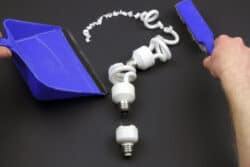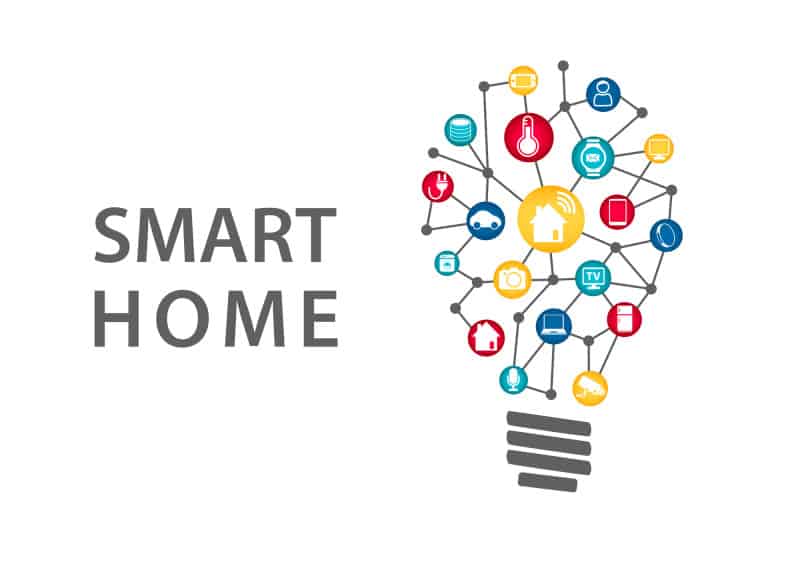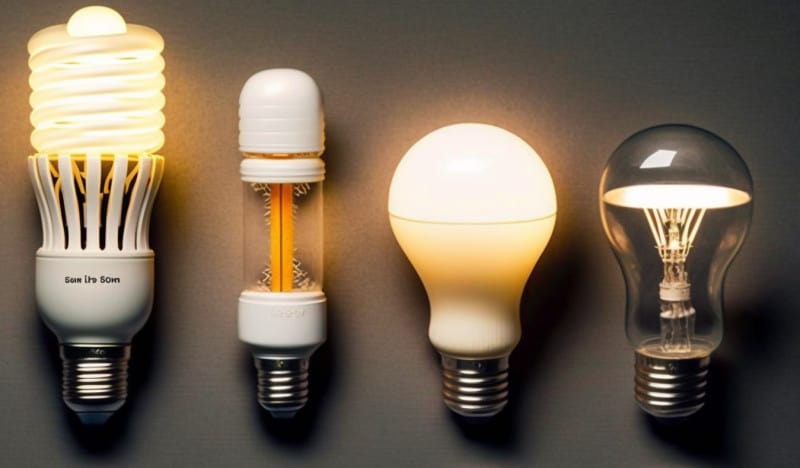In a world where energy consumption is constantly on the rise, it’s more important than ever to learn how to conserve energy. By making simple changes in our daily lives, we can collectively make a big difference in the amount of energy we use. And when we save energy, we not only save money, but we also help to protect the environment.
Reducing our energy consumption helps to conserve resources, save money, and reduce greenhouse gas emissions. Our energy usage is a key factor in our environmental footprint, and we should all be committed to reducing it to preserve our natural resources and keep the earth habitable.
There are many ways to save energy at home, at work, and on the go. Some of the simplest and most effective ways to save energy include:
Turn off lights when you leave a room
We all know that leaving the lights on when we’re not in the room is a waste of energy. But did you know that it’s also bad for the environment?
When we use electricity, it comes from power plants. These plants burn fossil fuels, like coal and natural gas, to create electricity. Burning these fuels releases pollution into the air. This pollution includes carbon dioxide, which is a greenhouse gas. Greenhouse gases trap heat in the atmosphere and cause the Earth’s temperature to rise. This can lead to climate change, which is a major threat to our planet.
So, by turning off the lights when we’re not using them, we can help reduce pollution and fight climate change. Every little bit helps!
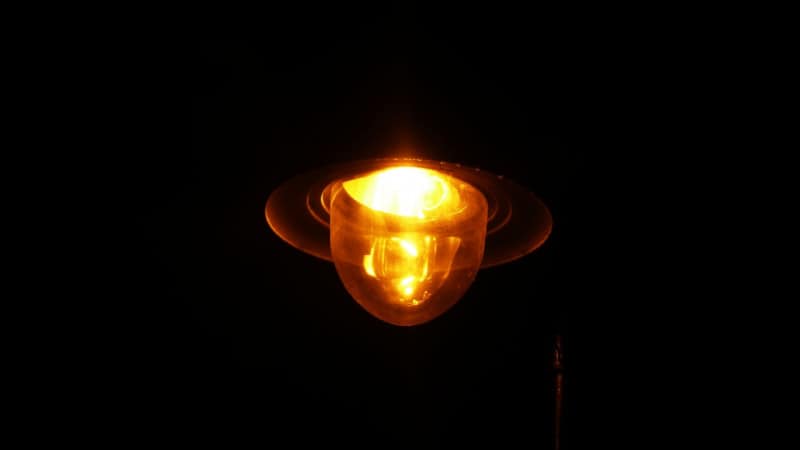
Use energy-efficient light bulbs
As the world becomes more aware of the need to conserve resources, energy efficient light bulbs are becoming more popular. These bulbs use less energy than traditional incandescent bulbs, and they last much longer. This means that fewer bulbs need to be produced, which reduces the amount of resources used.
In addition, energy efficient light bulbs produce less heat than traditional bulbs. This means that they don’t add to the greenhouse effect, and they don’t contribute to global warming.
Finally, energy efficient light bulbs are more cost-effective than traditional bulbs. This is because they use less energy, and they last longer. This means that you save money on your energy bill, and you don’t have to replace bulbs as often.
All of these factors make energy efficient light bulbs a great choice for the environment. By using less energy, they help conserve resources and protect the planet.
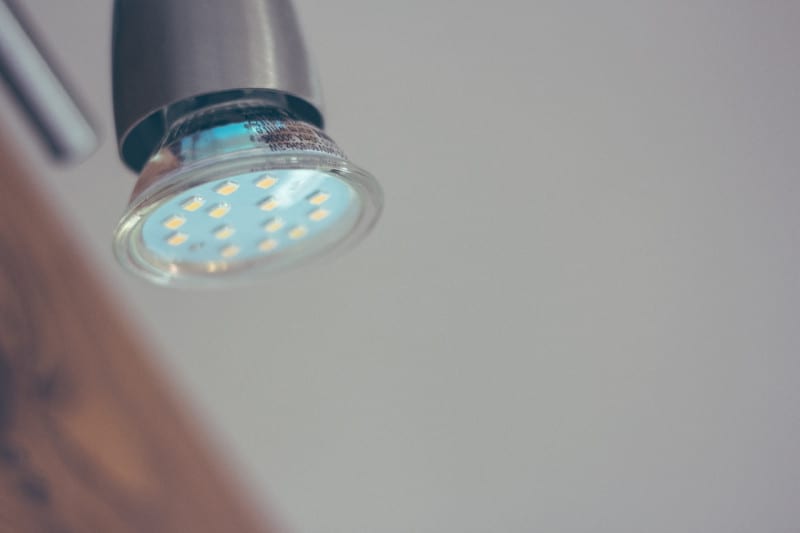
Unplug electronics when you’re not using them
We’re all familiar with that little red standby light on our TV sets, computers, and other electronic devices. While it may not seem like a big deal, that standby light is actually a huge energy waster. In fact, standby power consumption accounts for 5-10% of residential energy use in the United States, costing Americans billions of dollars each year in wasted electricity.
But there’s an easy way to save all that wasted energy and money: just unplug your electronics when you’re not using them.
Sure, it’s a pain to have to plug and unplug your devices every time you want to use them. But the savings are definitely worth it. For example, unplugging a single computer and monitor can save you up to $80 per year in energy costs. And if everyone in the US unplugged their electronics when they weren’t using them, we could collectively save $19 billion in energy costs each year.
In addition to saving money, unplugging your electronics also helps the environment. The electricity that powers our electronic devices comes from power plants, which generate greenhouse gases that contribute to climate change. So by unplugging your
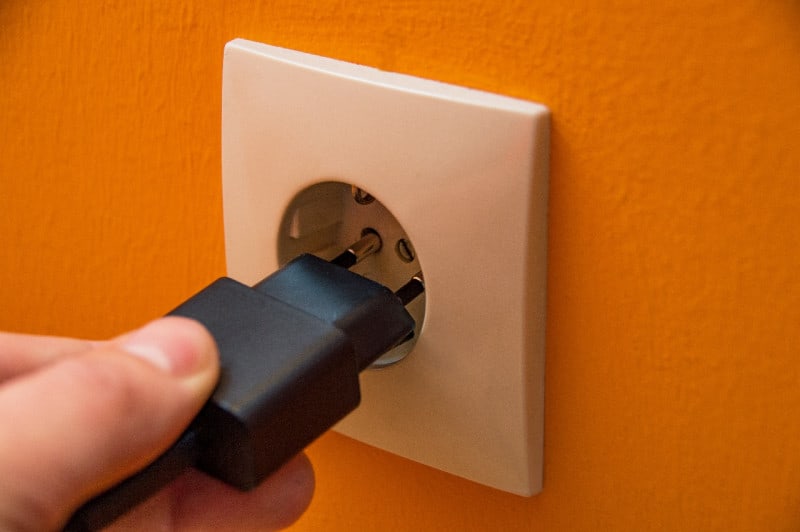
Walk or bike instead of drive when you can
We all know there are things we can do to help the environment. Driving less is one way to help reduce pollution and conserve resources.
We’re all familiar with the ways driving negatively impacts the environment. Cars and trucks emit harmful pollutants into the air, including carbon dioxide, a leading cause of climate change. They also consume large amounts of oil and gas, which can lead to oil spills and other environmental disasters.
But did you know that driving less can also help the environment?
When you drive less, you use less gas and oil. This reduces the amount of harmful pollutants emitted into the air and conserves resources.
It also cuts down on traffic congestion and the amount of time you spend sitting in traffic. This not only reduces pollution but can also help improve your mental health and well-being.
So next time you’re planning a trip, consider leaving the car at home and taking public transportation, walking, or biking instead. Every little bit helps!
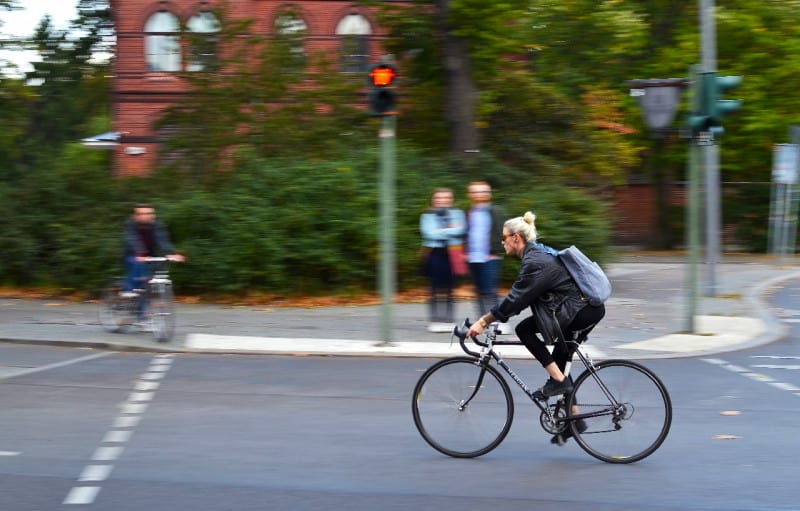
Turn off the water while you brush your teeth
When it comes to saving water, every little bit helps. That’s why it’s important to turn off the water while brushing your teeth. This simple act can save up to 4 gallons of water per day, which can really add up over time.
Not only is turning off the water while brushing your teeth good for the environment, it’s also good for your wallet. Those 4 gallons of water add up to about $0.15 per day, or $54 per year. That’s money that can be put towards other things, like your mortgage or your child’s education.
So next time you go to brush your teeth, remember to turn off the water. It’s good for the environment and it’s good for your wallet.
Only run the dishwasher or washing machine when they are full
If you’re trying to be more environmentally friendly, one small change you can make is to only run your dishwasher and washing machine when they are full. This simple act can help conserve water and energy, which benefits the environment in a big way.
Water is a precious resource, and dishwashers and washing machines use a lot of it. By only running them when they are full, you can cut down on the amount of water that gets used. This is especially important in areas where water is scarce.
Not only does this save water, but it also saves energy. Dishwashers and washing machines use a lot of energy to heat up the water they use. When you only run them when they are full, you’re not wasting energy on heating up water that isn’t even being used.
Every little bit helps when it comes to being environmentally friendly. So, next time you’re tempted to run your dishwasher or washing machine half empty, think about the impact it could have on the environment. It’s a small change that can make a big difference.
Hang clothes to dry instead of using the dryer
If you’re looking to cut your carbon footprint and help the environment, one easy way is to start hanging your clothes to dry instead of using the dryer.
Clothes dryers are one of the biggest energy users in the home, and account for about 6% of the total electricity used in the US each year. The average clothes dryer uses about 1,500 watts of power, and can use even more if it’s a gas dryer.
In comparison, hanging your clothes to dry only uses the power of the sun and the wind, which are both renewable resources.
Hanging your clothes also has the added benefit of being gentle on your clothes, so they’ll last longer. Clothes dryers can be harsh on fabrics, causing them to shrink, fade, and pill.
If you’re not sure how to get started, there are plenty of resources available online with tips on how to hang your clothes efficiently. And once you get into the habit, you’ll be surprised at how easy it is!

Conclusion
In conclusion, conserving energy is important for many reasons. It can save us money, help the environment, and make a difference on a global scale. We can all do our part to save energy by making small changes in our everyday lives. By working together, we can make a big difference for the future of our planet.

